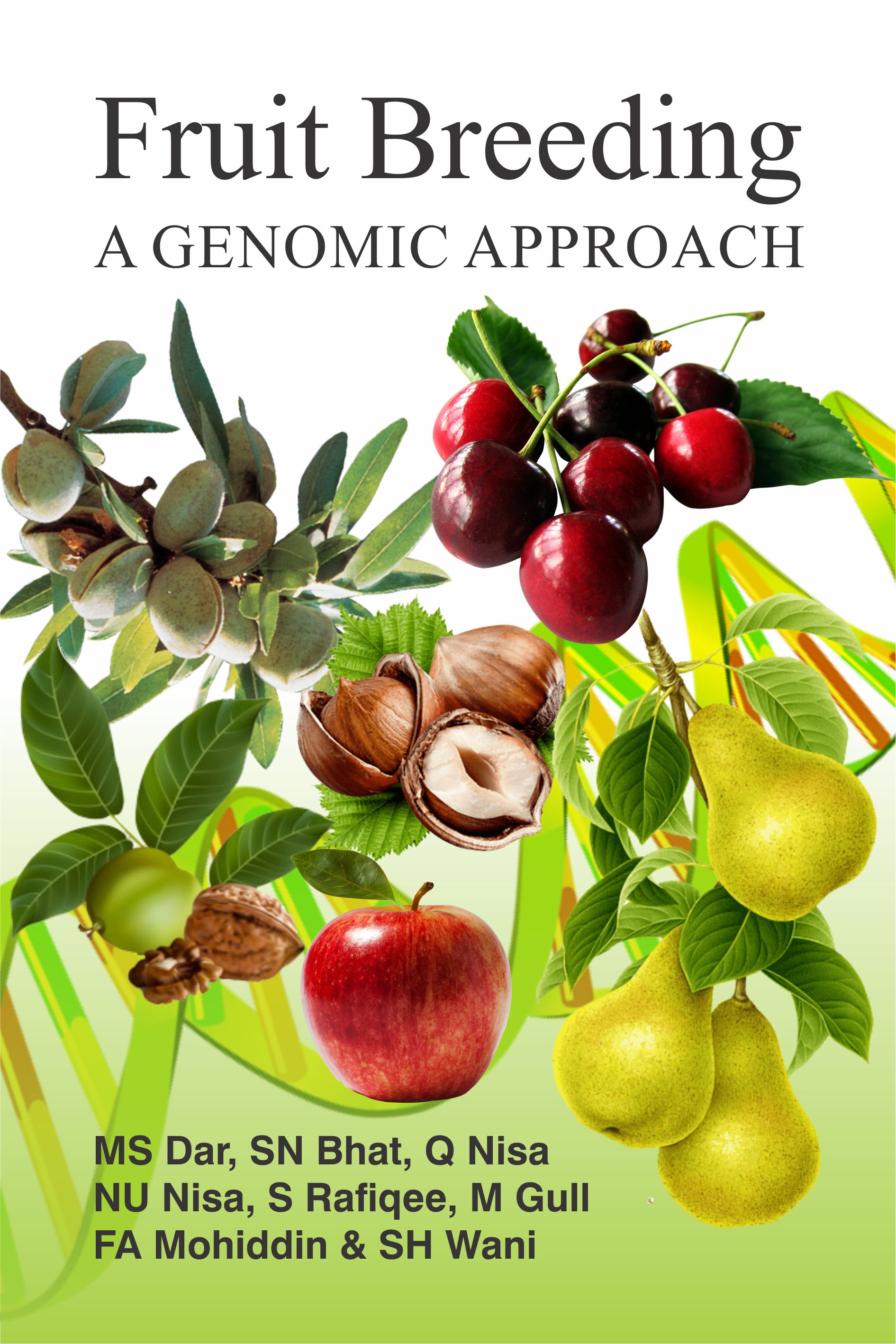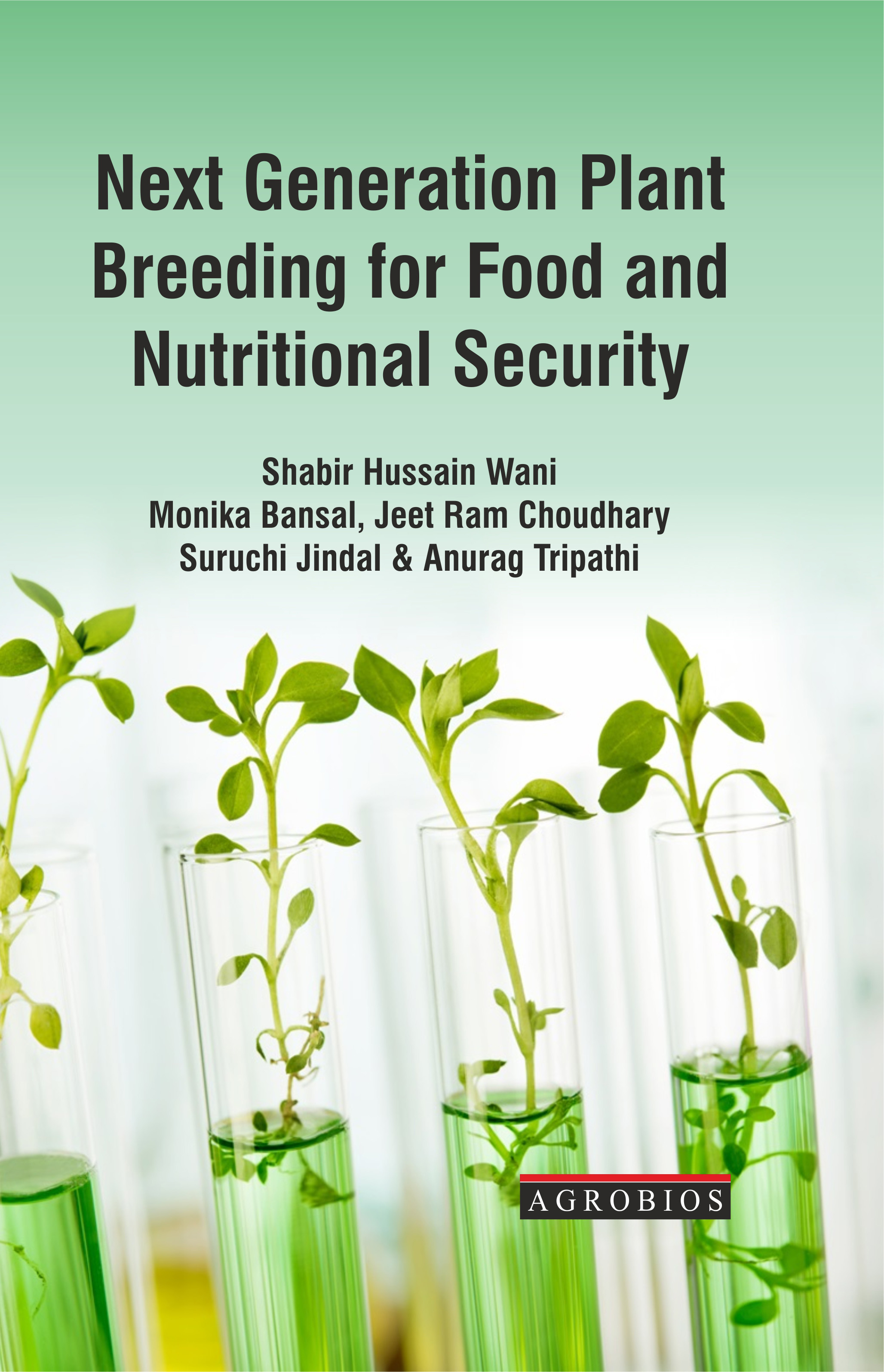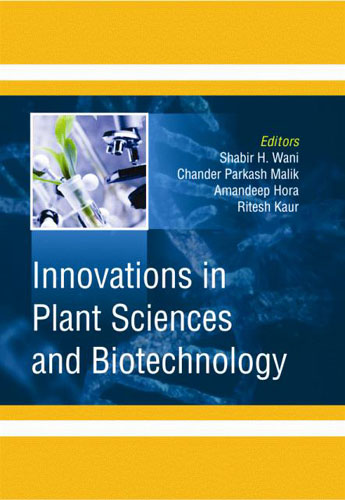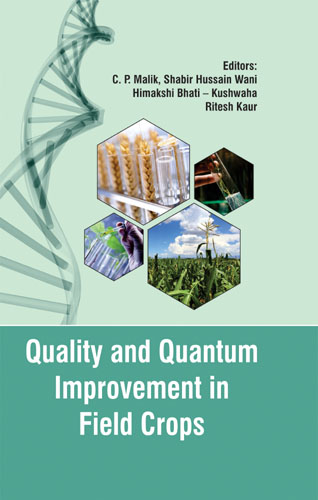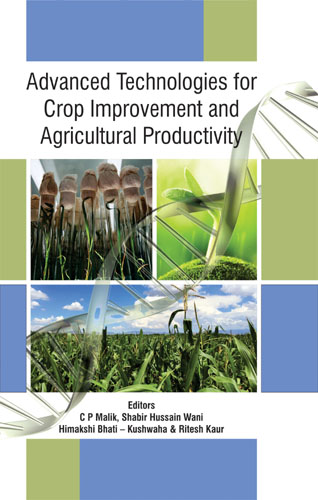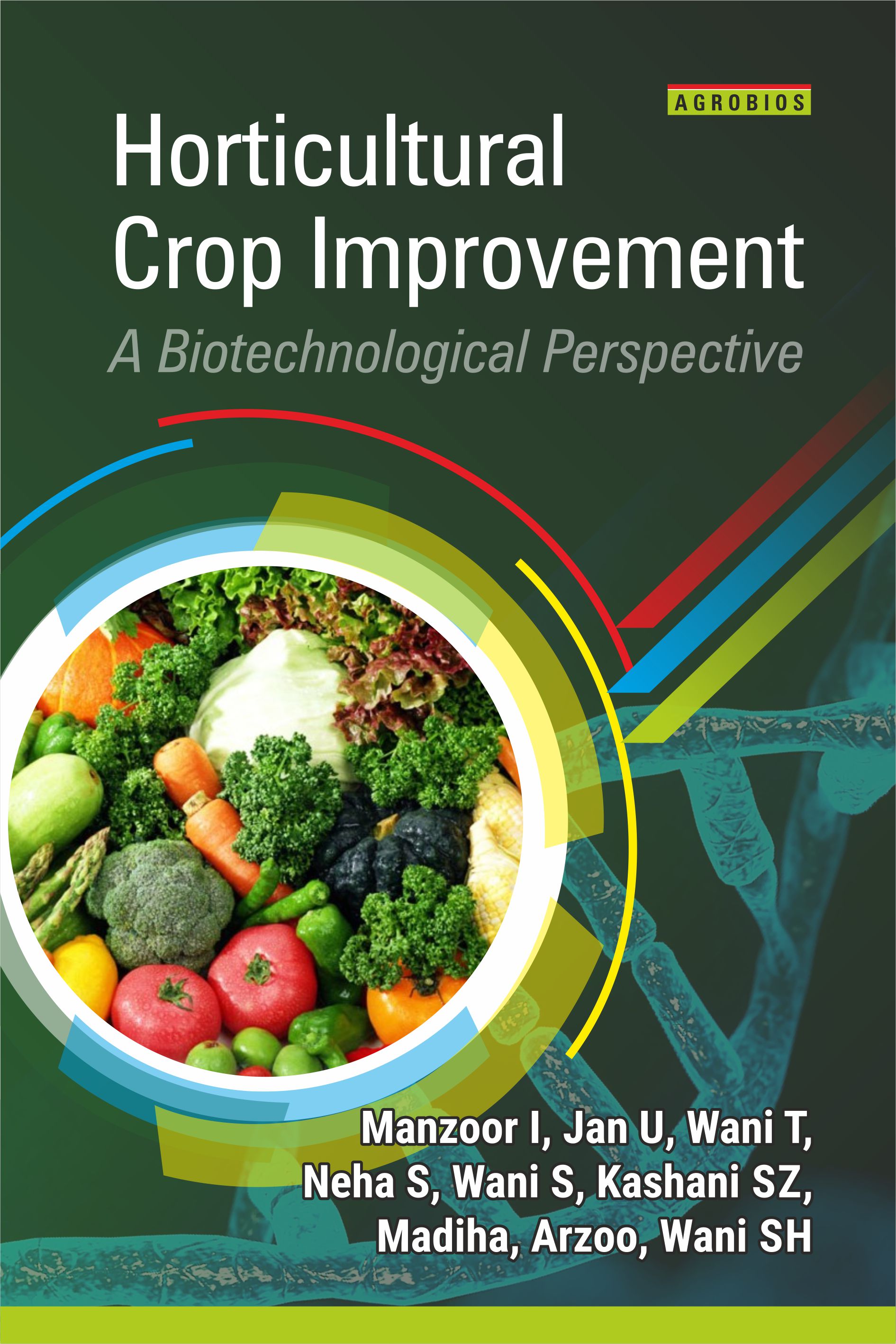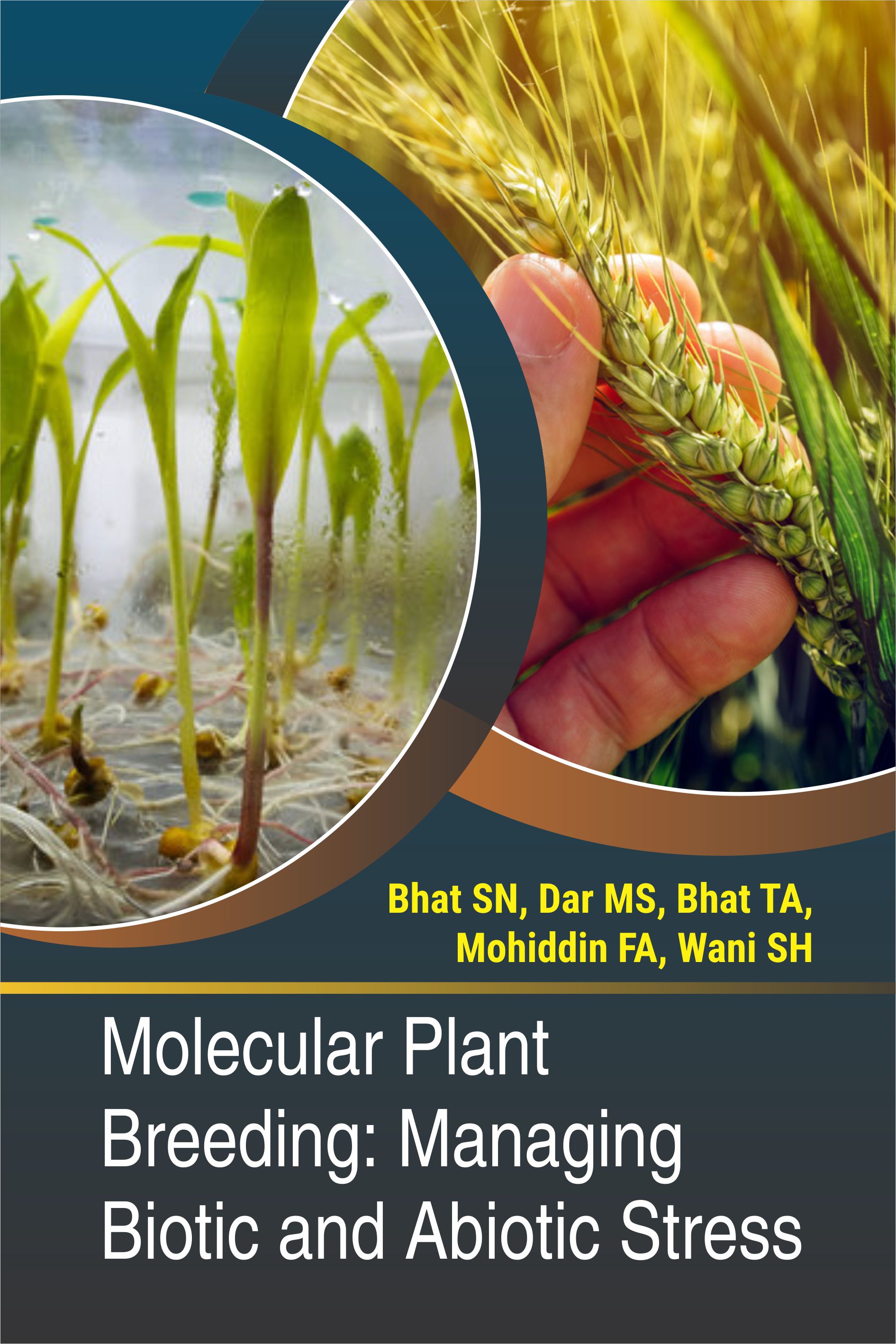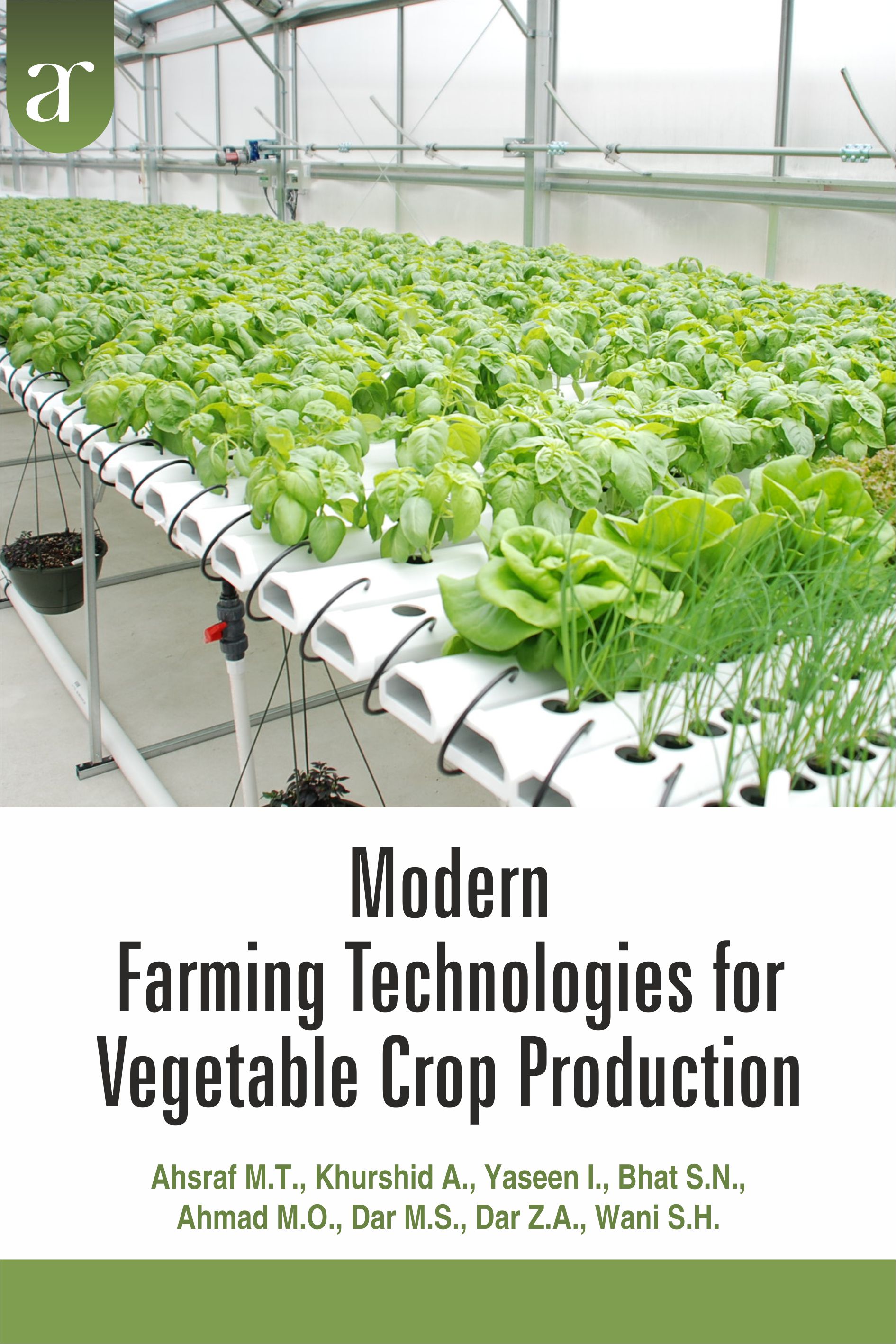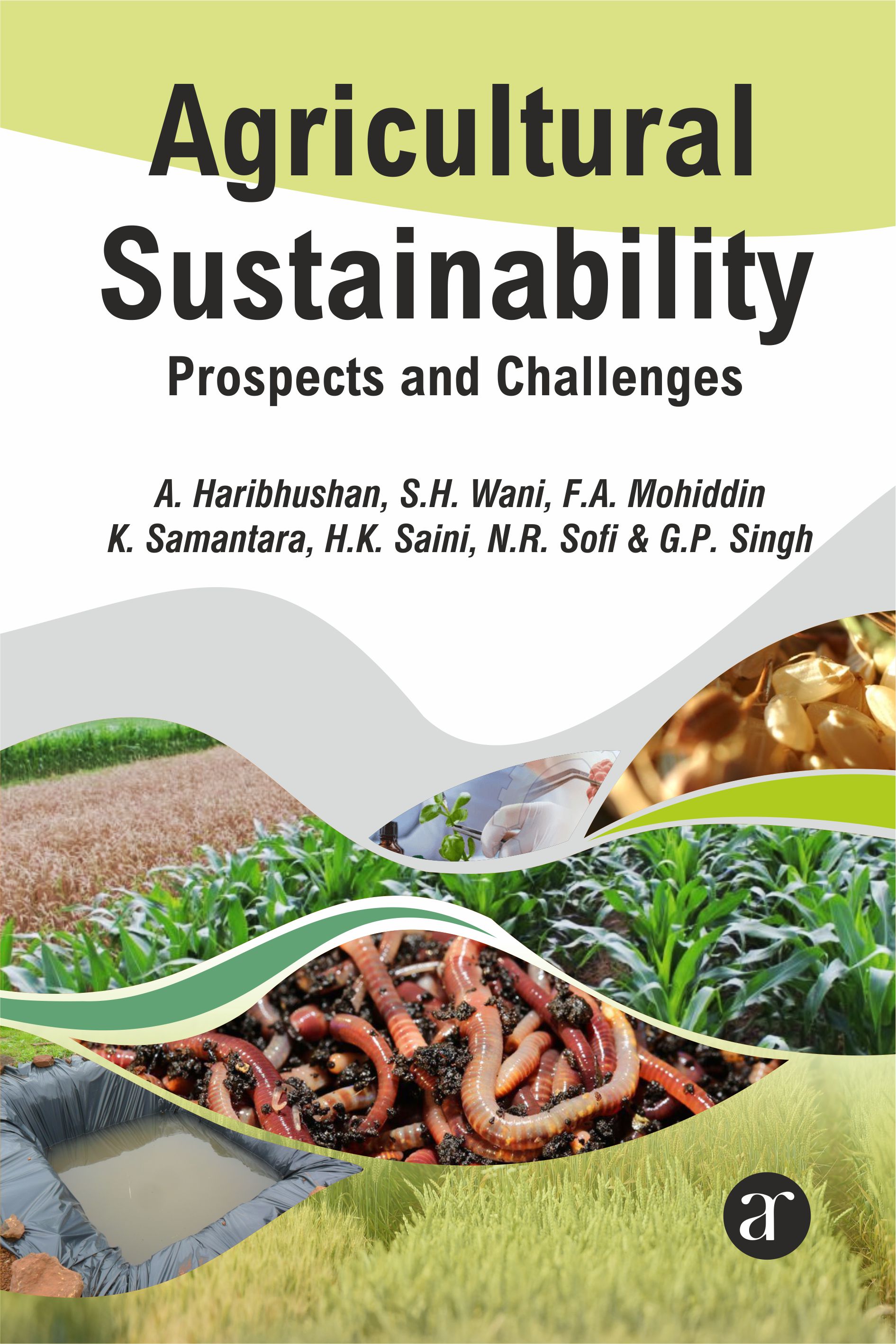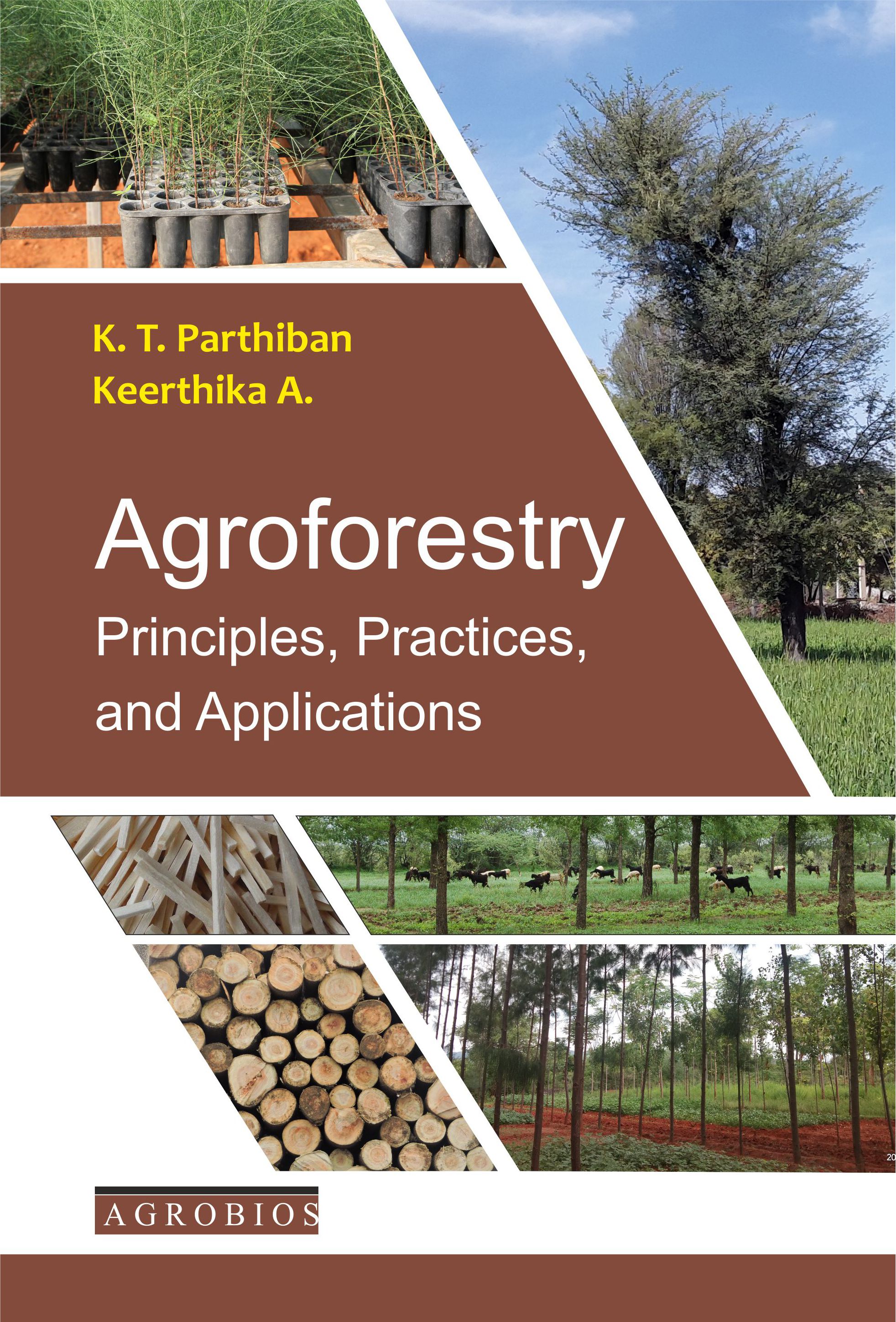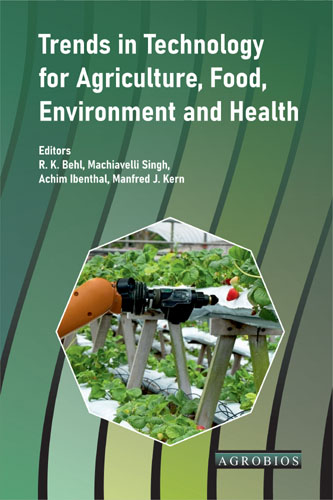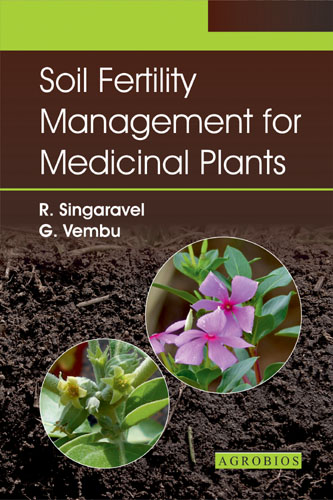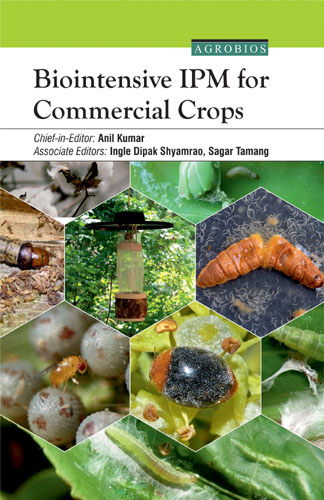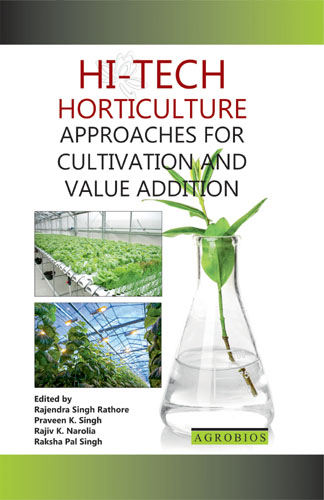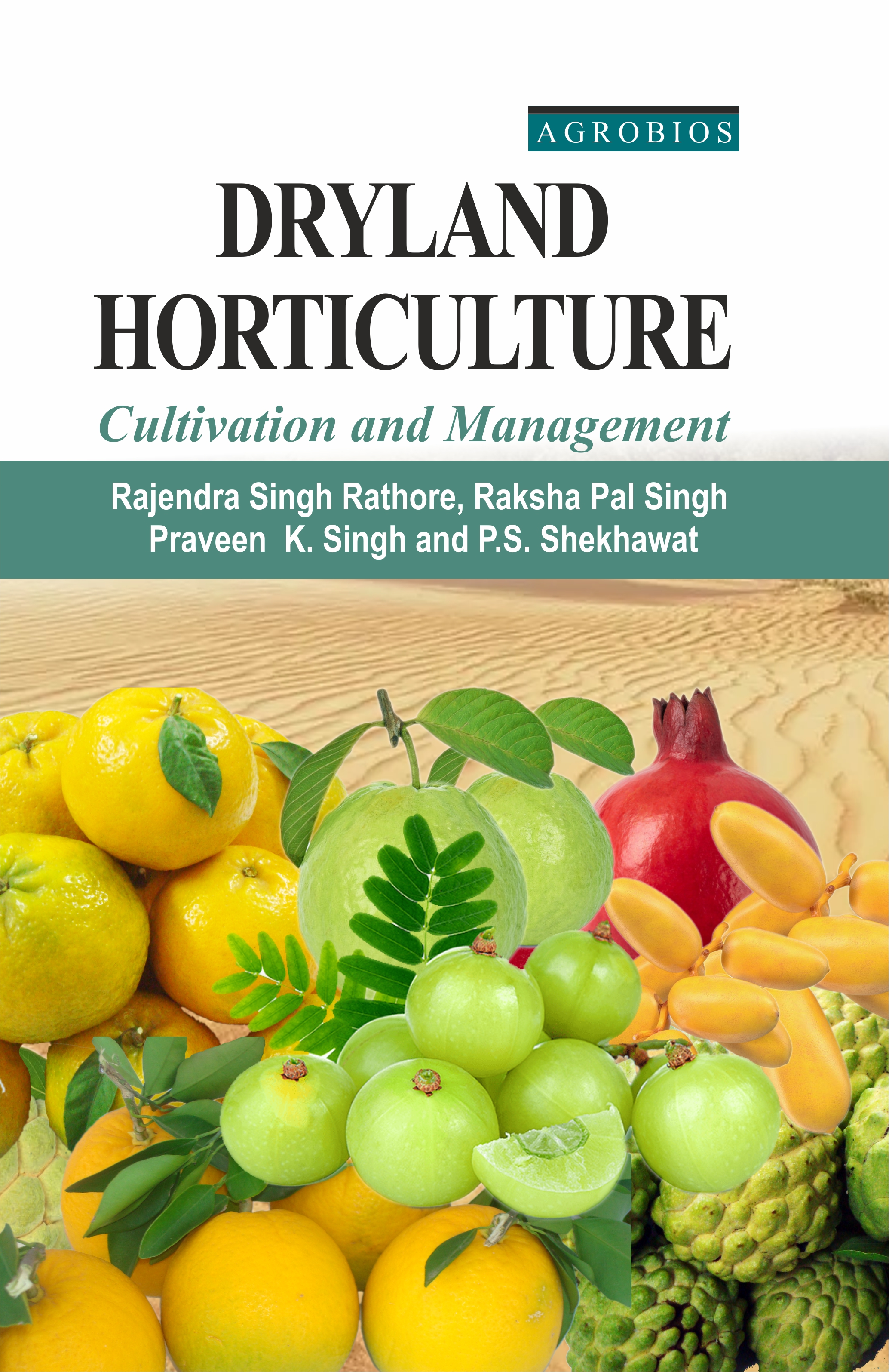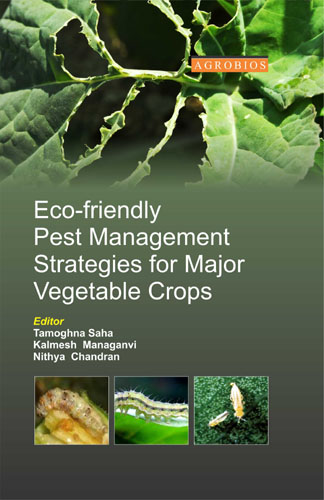Fruit Breeding: A Genomic Approach NEW
India is endowed with a diverse climate ranging from tropical to temperate which makes it possible to grow an array of fruit crops in one or the other parts of the country. These crops assume significance as they provide nutritional security, increase employment opportunities, supply raw materials for growing agro-processing industries and enhance foreign exchange earnings through export. Over the past few decades' priority was given to achieving self-sufficiency in agricultural output. However, agricultural production has lagged far behind that of the services and manufacturing sectors in recent years, failing to keep pace with other economic sectors. Agriculture's share of GDP has declined sharply, despite continued reliance on the agricultural sector for subsistence. The Indian government has set a policy goal of doubling farmers' income by 2022. Farming expansion towards more remunerative enterprises, such as horticulture (fruits, vegetables, ornamentals etc.), cattle, and fish, was one of the key choices identified for raising farmers' earnings.
The production and utilization of fruit crops accounts for an ever-increasing proportion of the total value of the horticulture and food industry worldwide. Horticulture has a significant role to play in providing employment and income possibilities in India's north-western Himalayan states. Numerous geographical specificities that characterize the region create limits on increasing field crop output and providing revenue for smallholders. These crops have a lot of potential throughout the terrain.
During the past decade tremendous advances have been achieved in various areas of crop improvement to achieve agricultural sustainability. In this regard, the present book has been brought out to highlight the advanced accomplishments in fruit improvement methods with the advent of breeding and biotechnological interventions aiming sustainability in the production. This book delivers a convincing review accounting diverse aspects and progress towards the paradigm shift in fruit growing.
This book covers most of the syllabus topics for the M.Sc. and Ph.D. students studying in various horticultural/agricultural institutes. The book provides comprehensive knowledge about the advances in breeding methods and achievements of apple & pear, apple germplasm resources, source for resistance breeding, different hybrids, bud sports and introductions, biotechnological interventions for improvement of fruit crops, recent advances in fruit crop genomics, physiological and molecular mechanism of biotic and abiotic stress tolerance in fruit crops, advances in development of fruit tree canopy models, improvement in rootstocks of temperate fruit crops, and Current advances and perspectives in DNA barcoding and taxonomic reliabilities, hormone receptors, perception, and signaling, crop regulation in fruits, stock-scion interaction and other aspects of breeding.
Dr. Dar MS
 555
555 1. Advances in Fruit Breeding of Apple
2. Apple: Germplasm Resources, Source for Resistance Breeding, Different Hybrids, Bud Sports and Introductions
3. Different Propagation Structures for Protected Cultivation, Propagation and Nursery Management of Fruit Crops
4. Biotechnological Interventions for Improvement of Fruit Crops
5. Fruit Breeding Methods and Achievements for Improving Pear Varieties Against Various Quality Attributes
6. Fruit Tree Canopy Models, Dormant/Summer Pruning – Recent Advances
7. Advances in Rootstocks of Temperate Fruit Crops
8. Canopy Management in Cherry
9. Current Advances and Perspectives in DNA Barcoding and Taxonomic Reliabilities
10. Hormone Receptors, Perception, and Signalling
11. Crop Regulation in Fruits
12. Stock-Scion Interaction
13. Recent Advances in Rootstock Breeding in Rosaceae Fruit Crops
14. Recent Advances in Fruit Crop Genomics
15. Root Stock Problems and their Influence on Fruit Crops
16. Physiological and Molecular Mechanism of Biotic and Abiotic Stress Tolerance in Fruit Crops
17. Mitigation Stress Situation with Cultivar and Rootstock Selection Under Temperate Fruit Crop
18. Role of IDM in Disease Management of Fruit Crops
19. Genomic Methods for Improving Abiotic Stress Tolerance in Crops
20. Physiology of Flowering
Book Details
Fruit Breeding: A Genomic Approach NEW
REFERENCE BOOK
292
0
0
AMERICAN ROYAL (6X9)
0 Gms
All Rights REserved
M/s AGROBIOS RESEARCH
PG STUDENTS | SCIENTISTS AND RESEARCHERS |
Biotechnology , Crop Physiology , Foods And Nutrition , Hi-tech Agriculture , Horticulture , Molecular Biology , Plant Breeding And Genetics ,



